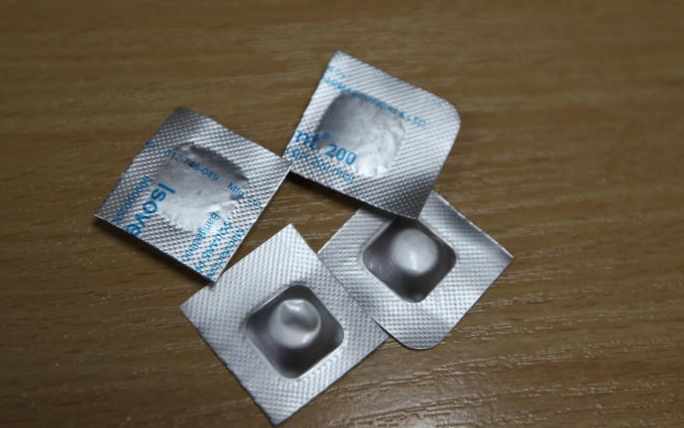×
The Standard e-Paper
Fearless, Trusted News

As more Kenyans turn from hospitals to dispensing chemists for medical needs, new evidence shows patients may be jumping from the frying pan into the fire.
Reports published since June by the government, donors, and scientists portray a sector exposing Kenyans to grave dangers in pursuit for profits.